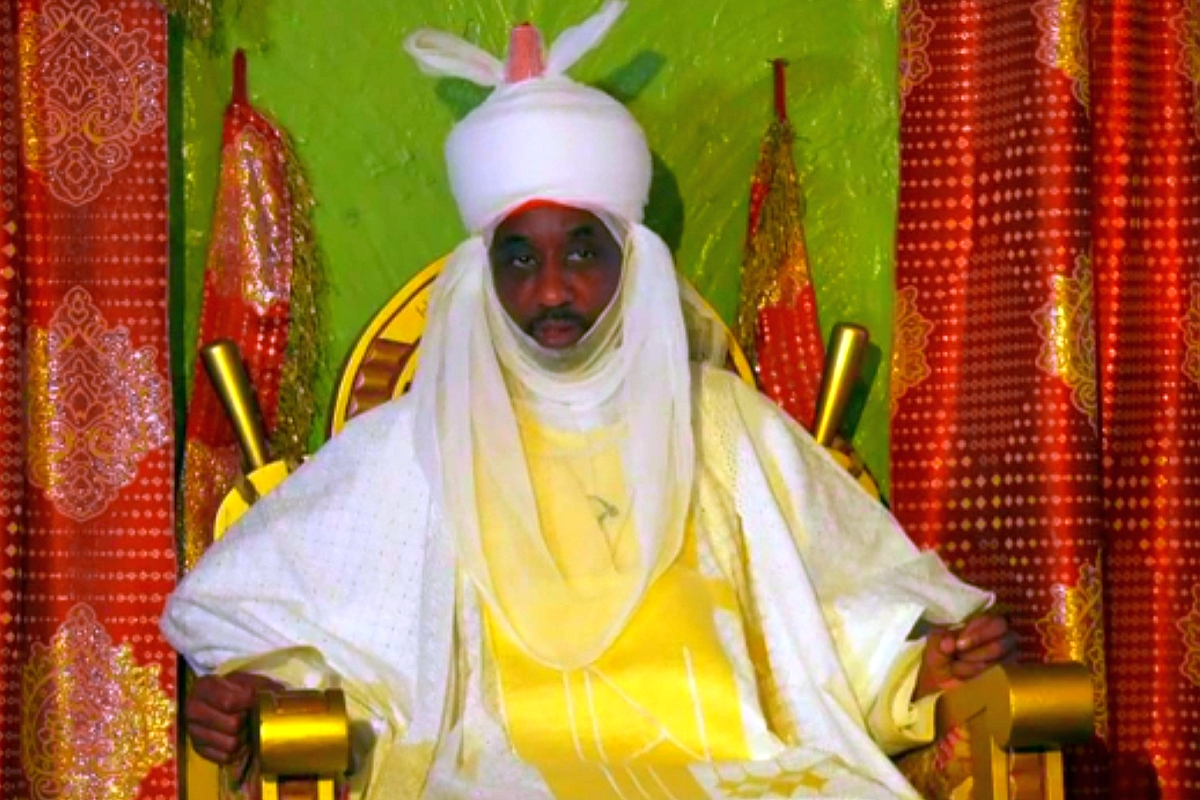The Emir of Kano and leader of the Central Coordinating Team of Nigeria delegation to this year’s hajj, Muhammadu Sanusi II has urged Muslims not to force themselves to slaughter rams for the edi-il-adha (Sallah celebration) if they cannot afford it.
Adult Muslims worldwide who can afford to are expected to observe killings of sacrificial rams and other designated animals.
This is in remembrance of the occurrence between Prophet Ibraheem (Abraham) and his son Prophet Ismaheel (Ishmael) and also to mark the second day of Mount Arafat hajj rite which is also called Eid-il-Kabir.
The Emir who spoke with reporters yesterday on the plain of Mount Arafat (Mountain of Mercy) said the poor should actually benefit from the rich who should give part of their sacrificial ram to them in the spirit of the festival and as instructed by Prophet Muhammad.
Meanwhile, the Chairman, National Hajj Commission of Nigeria (NAHCON) Barrister Abdullahi Mukhtar Mohammed said during the special prayer for the nation on the Arafat plain that there can never be a better opportunity to pray to Allah to help Nigeria overcome its challenges.
No fewer than three million Muslims from across the world gathered yesterday at the plain of Arafat to observe one of the obligatory aspects of this year’s Hajj.
The pilgrims, who gathered at the Holy City of Makkah for the Hajj, spent a night at Mina before moving to the plain of Arafat for the worship. The Saudi authorities had announced that Arafat would hold on Wednesday, Sept. 23, following the sighting of the Lunar month of Zul-Hajj on Sept. 14. About 76,000 Nigerians are among the Muslims that arrived Arafat for the largest human gathering worldwide.
The Director-General, Department of Passports, Maj.-Gen. Solaiman Bin Abdulaziz Al-Yahya, said on Tuesday that 1,374,206 foreign pilgrims arrived for this year’s hajj. He said 1,325,189 arrived by air, 36,094 by road and 12,923 arrived by sea.
Already, the Saudi authorities had restricted movement of categories of vehicles to certain parts of the city to allow free flow of buses conveying the pilgrims to Arafat, where they are expected to stay from morning till sunset. Security personnel were deployed to strategic positions to ensure security and smooth movement of the faithful to Arafat.
Speaking to newsmen on the Arafat, a cleric, Malam Kabiru Yusuf Bakinruwa, said Arafat was one of the obligatory aspects of Hajj.
“If you miss it, you lose the entire Hajj, there is no ritual to correct it; the only way to correct it is to repeat the exercise the following year. It is the only day Almighty God is proud of the Muslim Ummah (those in Arafat). It is on this day that God will assemble the entire angels, show them the crowd of Muslims all dressed in white seeking for His forgiveness. These are my people, they came from far and near without considering dust, prostrating their heads on the ground looking for mercy and forgiveness, tell them that they are forgiven.”
The pilgrims would move to Muzdalifat, where they will spend the night before proceeding to Jamarat (stoning site). After the stone throwing at Jamarat, the pilgrims would immediately move to Ka’aba for circumambulation and Tawaf.

